Cottage food laws provide the legal framework for establishing and operating a successful home-based food business, allowing you to create and sell products straight from your home kitchen.
Adhering to the regulations governing cottage food businesses ensures that your operations are safe, hygienic, and compliant with state standards. In this guide, we’ll cover everything you need to know about planning, legal requirements, and the basics of home-based bakery operations in Illinois. Embrace the opportunity to become one of the many thriving food entrepreneurs in the state by following these guidelines.
Key Takeaways
- Understand the guidelines governing cottage food businesses in Illinois.
- Plan your home-based food business by complying with state and local regulations.
- Set up a compliant and efficient home kitchen for bakery operations.
- Register your cottage food business through the Illinois Department of Public Health.
- Stay updated on permissible foods under Illinois cottage food laws.
Understanding Illinois Cottage Food Laws
In recent years, Illinois has seen a significant rise in home-based food businesses, propelled by favorable cottage food law rules. These laws permit homeowners to create delicious items in their kitchens and sell them directly to consumers. This section explores the intricacies of these regulations and the opportunities they present for budding entrepreneurs.
What Are Cottage Food Laws?
Cottage food laws are guidelines that allow individuals to prepare and sell certain types of homemade food. Designed to encourage small-scale businesses, these laws make it easier for cooks to monetize their culinary skills. Under cottage food law, creators can sell their products outside traditional commercial kitchens while adhering to specific safety standards.
Illinois Cottage Food Operation Regulations
The Cottage Food Laws Illinois Micro Bakery is a boon for small-scale bakers. However, there are certain regulations that must be followed:
- Licensing: Home-based food businesses need to obtain a permit from the local health department.
- Training: Operators must complete a food safety training course through the Illinois Department of Public Health.
- Labeling: All products must include specific labels detailing the ingredients and a disclaimer stating the goods were made in a home kitchen.
- Sales Channels: Products must be sold directly to consumers and cannot be distributed through wholesale or retail outlets.
Eligible Foods Under Cottage Food Laws
The range of products you can create under Illinois’ cottage food law encompasses non-potentially hazardous items. These are foods that do not require refrigeration to prevent spoilage. Examples include:
- Baked goods such as bread, cookies, and cakes
- Jams and jellies that maintain a certain acidity level
- Herb blends, dry tea mixes, and spices
- Some types of candy
By focusing on these non-potentially hazardous items, home bakers can cater to local markets safely and effectively, paving the way for a thriving Cottage Food Laws Illinois Micro Bakery directly to consumers. The framework of the cottage food law ensures that everyone, from the operator to the end customer, enjoys a well-regulated, safe, and delightful experience.
Setting Up Your Home Kitchen For a Micro Bakery
Transforming your kitchen into a functional micro bakery begins with understanding the specific requirements set forth by Illinois cottage food laws. This process ensures you meet the necessary regulations while creating a productive environment for your food business. Below, we delve into the essential steps and guidelines to help you get started.
Home Kitchen Requirements
To operate a home-based bakery, your kitchen needs to comply with Illinois regulations. These requirements typically include maintaining cleanliness, having adequate ventilation, and ensuring pest control. Additionally, your kitchen should have adequate storage space for ingredients and finished products, separate from personal household items, to enhance food safety.
Necessary Equipment and Setup
Setting up your kitchen involves investing in necessary equipment tailored for baking. This includes commercial-grade ovens, mixers, and baking sheets, to name a few. Incorporating designated areas for mixing, baking, and cooling can further streamline your operations, ensuring an efficient workflow.
Food Safety Practices and Guidelines
Implementing a thorough food safety plan is critical. This includes training on proper food handling techniques, regular sanitization schedules, and monitoring temperatures of refrigerated items. Adhering to these practices not only ensures compliance with food safety laws but also guarantees the well-being of your customers. Always store ingredients at the right temperatures and use airtight containers to prevent contamination.
“Consistently applying food safety practices is not just about following regulations—it’s about ensuring trust and quality in every product you sell.”
How to Register Your Cottage Food Business
Starting your journey as a cottage food operator in Illinois involves a meticulous yet manageable registration process. By understanding the essential steps and complying with both state and local regulations, you can ensure a smooth start to your micro bakery.

Registration Process with Illinois Department of Public Health
The first step in registering your cottage food business is to navigate the requirements set forth by the Illinois Department of Public Health. The process includes submitting necessary documentation such as personal identification, proof of residence, and a detailed description of the food items you intend to produce. It is vital to ensure that your products comply with the list of approved foods as stated under the cottage food laws.
- Gather required documents.
- Complete the registration application.
- Submit the application along with the stipulated fees to the Illinois Department of Public Health.
- Undergo a home inspection if necessary.
- Wait for approval and obtain your registration certificate.
Compliance with Local Health Department Regulations
In addition to state registration, compliance with your local health department is paramount. Each county may have specific requirements which can vary widely. Some local jurisdictions may require additional permits or inspections to ensure food safety practices are strictly observed.
“Compliance with local health department regulations is not just a statutory requirement but a commitment to the safety and wellbeing of your customers.” – Illinois Health Authority
For food vendors, understanding these local nuances is crucial. Reach out to your local health department to obtain a comprehensive list of requirements and schedule any needed inspections. Keep abreast of any updates or changes in your county’s health codes to avoid any compliance issues.
| State Registration | Local Compliance |
|---|---|
| Submit documents to the Illinois Department of Public Health | Check specific county requirements |
| Pay registration fees | Obtain additional permits if needed |
| Await inspection and approval | Undergo local health inspections |
By being diligent with the registration process and adhering to both state and local regulations, your micro bakery can thrive under Illinois cottage food laws, ensuring both compliance and customer trust.
Navigating Cottage Food Laws Illinois Micro Bakery
As you continue your journey in the cottage food industry, it’s essential to understand the specifics of what Illinois law allows for cottage food entrepreneurs. Recent updates in legislation, including the Food Freedom Act, have expanded opportunities, yet they also bring new nuances to navigate.

The Illinois law allows cottage food businesses to produce and sell certain types of non-potentially hazardous foods. However, it’s crucial for entrepreneurs to stay informed about both what is permitted and the limitations. Understanding these rules can help you steer your micro bakery in the right direction.
One effective strategy is to diversify your selling venues. While many Illinois cottage food entrepreneurs start by selling at farmers markets, expanding into local retail stores and events can significantly boost your visibility and customer base. Taking advantage of marketing opportunities within legal boundaries can help you establish a robust local presence.
Moreover, the Food Freedom Act introduces a broader scope of allowed activities but also requires diligent adherence to safety practices and proper labeling. Always stay updated on regulations to ensure that your operations remain compliant as the cottage food industry evolves.
Scaling up your micro bakery involves not just increasing production but also ensuring that your business infrastructure aligns with regulatory requirements. Navigating these complexities successfully positions you to leverage the full potential of the food freedom that the respective laws afford.
Conclusion
In wrapping up our comprehensive guide on how to start your own business under Illinois’ cottage food laws, we’ve covered essential steps and regulations that pave the way for launching a profitable micro bakery from home. Understanding Illinois Cottage Food Laws is your first crucial step. It’s imperative to comprehend the guidelines around what products you can offer and the operational regulations that you need to follow to stay compliant.
Next, setting up your home kitchen to meet these requirements ensures that you can produce safe and delicious homemade food. Proper equipment, meticulous food safety practices, and a well-structured kitchen are non-negotiable elements. Registration with the Illinois Department of Public Health, alongside compliance with local health department regulations, is another vital step in legitimizing your cottage food business.
Through this journey, the Food Freedom Act stands as a beacon, affording you the liberty to sell food from home and carve out your own entrepreneurial path. Resources like the Illinois cottage food guide are invaluable tools that will support you at every stage. The viability of starting a micro bakery in Illinois is not only feasible but can also be incredibly rewarding. Armed with this knowledge, you’re now prepared to embrace the opportunities and challenges of the thriving cottage food industry.
FAQ
What Are Cottage Food Laws?
Cottage food laws are regulations that allow individuals to prepare and sell low-risk, homemade food products directly to consumers. These laws aim to support small-scale food entrepreneurs by reducing the barriers to entry such as the need for a commercial kitchen.
What Are the Illinois Cottage Food Operation Regulations?
Illinois Cottage Food Operation regulations set the legal framework for home-based food businesses, including requirements for licensing, food safety training, and allowed food products. Operators must register with the Illinois Department of Public Health and comply with local health department rules.
What Foods Are Eligible Under Illinois Cottage Food Laws?
Eligible foods under Illinois cottage food laws include non-potentially hazardous items such as baked goods, jams, jellies, and certain canned produce. Foods that pose a higher risk to public health, like meats, dairy, and certain canned vegetables, are prohibited.
What Are the Home Kitchen Requirements for a Micro Bakery?
Home kitchens must meet specific standards to comply with Illinois’ cottage food laws. This includes maintaining a clean and sanitary environment, having appropriate food storage, and ensuring all equipment is in good working order. Adherence to food safety practices is crucial.
What Equipment is Needed for a Home-Based Micro Bakery?
Essential equipment for a home-based micro bakery includes a reliable oven, baking pans, mixers, and storage containers. Additional equipment such as scales, thermometers, and food safety tools are important to ensure high-quality production.
What Food Safety Practices Must Be Followed?
Cottage food operators in Illinois must follow stringent food safety practices, which include proper handwashing, preventing cross-contamination, and maintaining appropriate food temperatures. A food safety training course approved by the Illinois Department of Public Health is also required.
How Do I Register My Cottage Food Business with the Illinois Department of Public Health?
To register your cottage food business, you need to submit a registration form to the Illinois Department of Public Health, complete necessary documentation, and pay any applicable fees. The process also includes food safety training and adherence to local health department regulations.
What Are the Compliance Requirements with Local Health Departments?
Compliance with local health departments involves understanding and adhering to any additional permits or inspections required in your area. This includes ensuring that your home kitchen meets local public health standards and staying updated with any regional changes in regulations.
What Does the Food Freedom Act Allow?
The Food Freedom Act broadens the scope for cottage food entrepreneurs, allowing a greater variety of homemade foods to be sold directly to consumers. It enhances the ability to run a successful home-based food business within Illinois by reducing regulatory constraints on certain food products.
Can I Sell My Cottage Food Products Online?
While Illinois cottage food laws primarily focus on direct-to-consumer sales, certain products may also be sold online and shipped within the state. It is important to check specific local guidelines and ensure all labeling requirements are met.
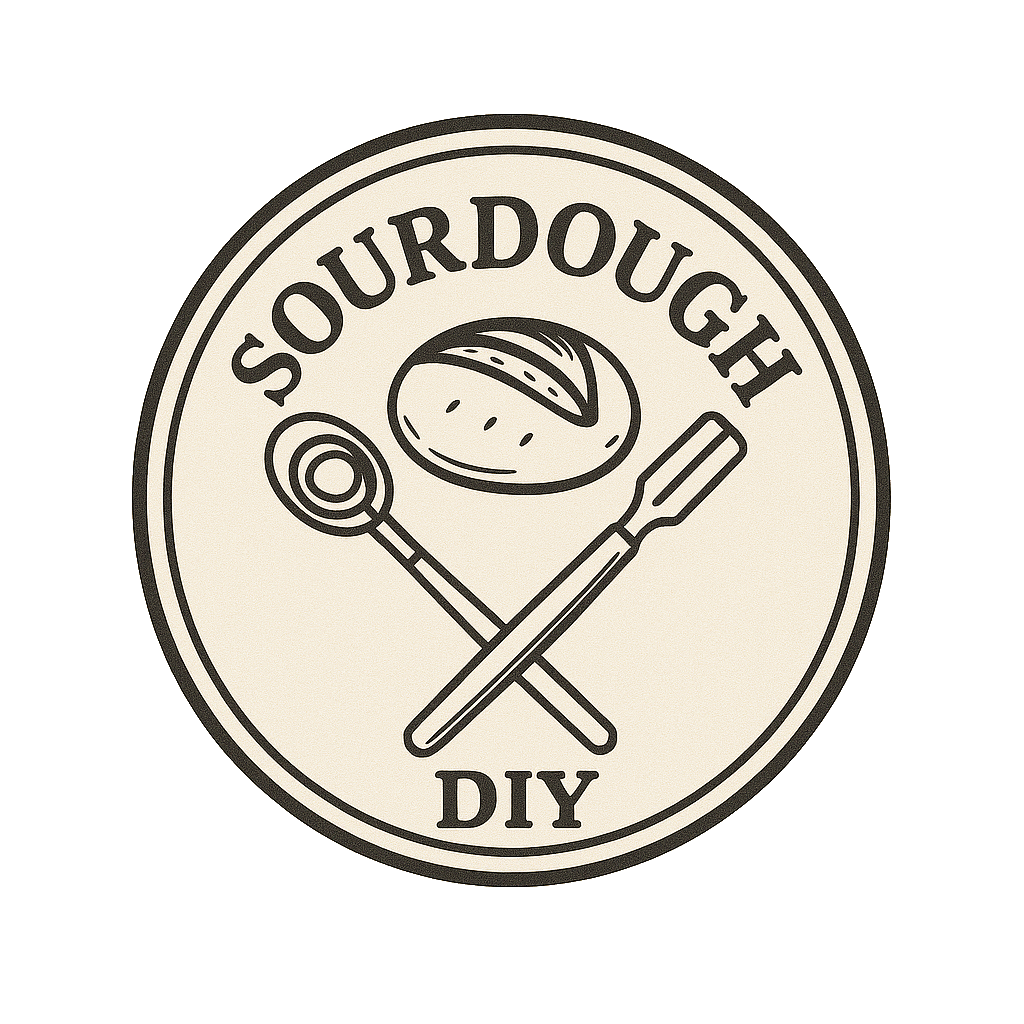
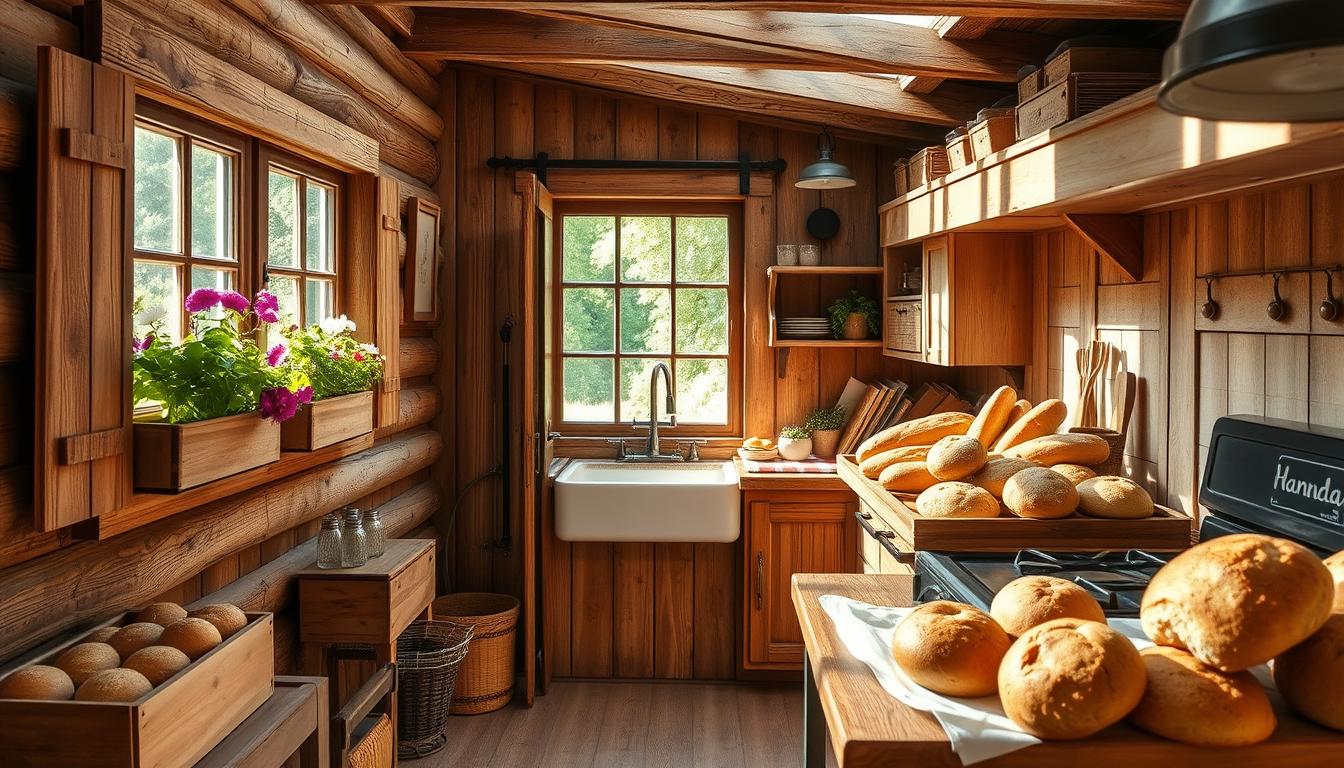
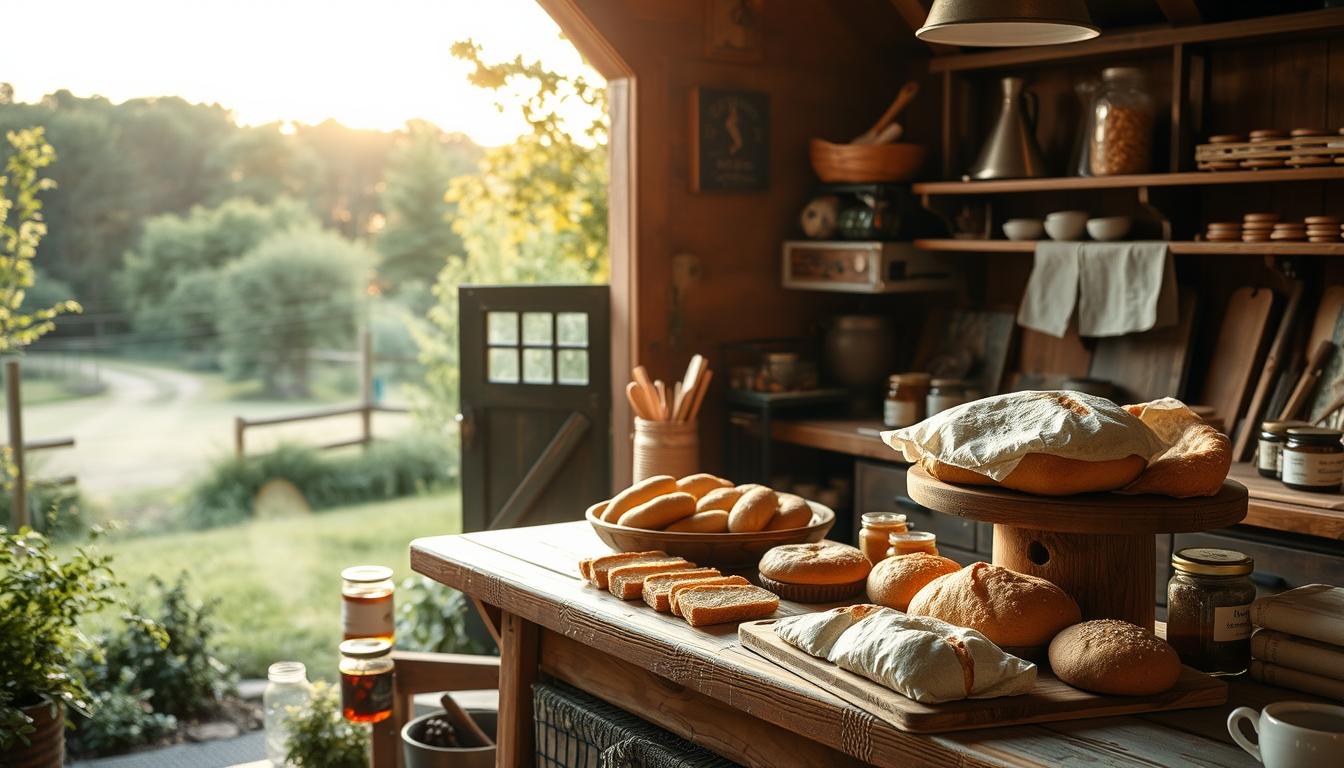
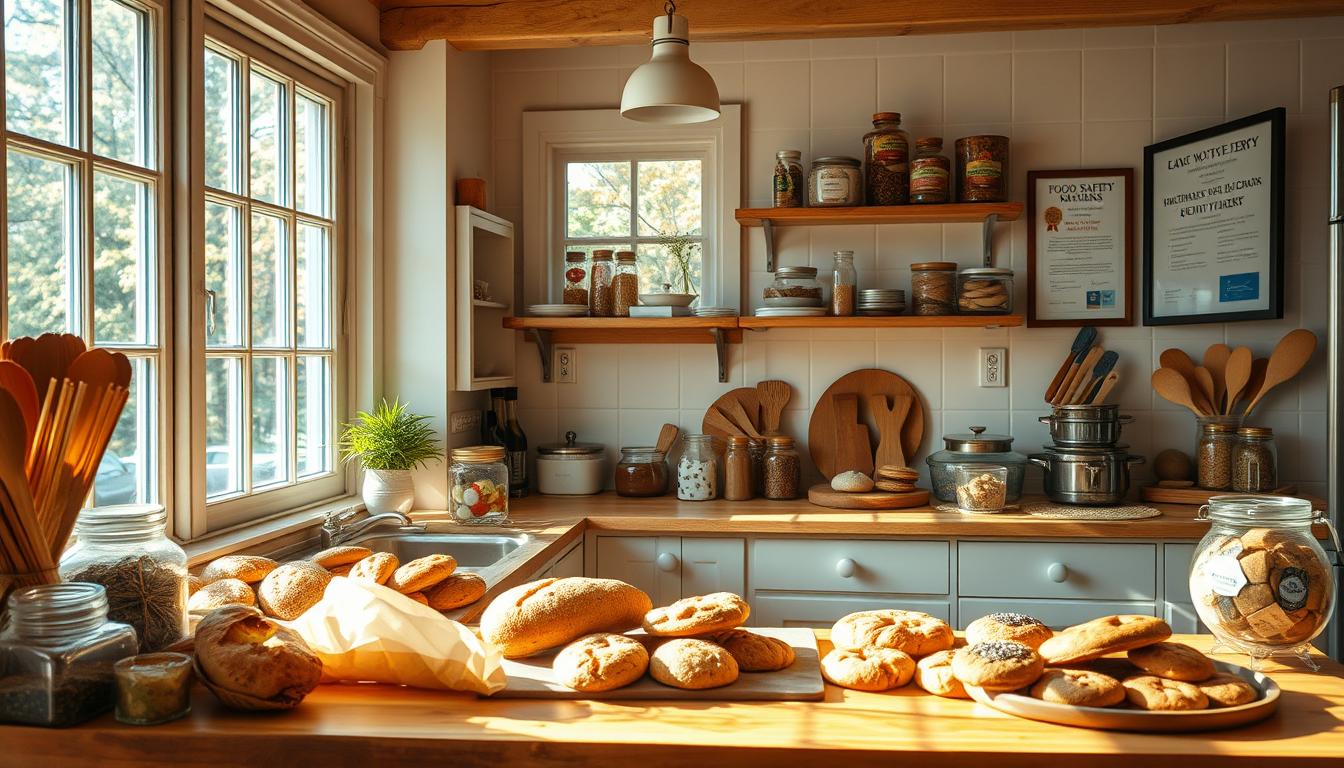
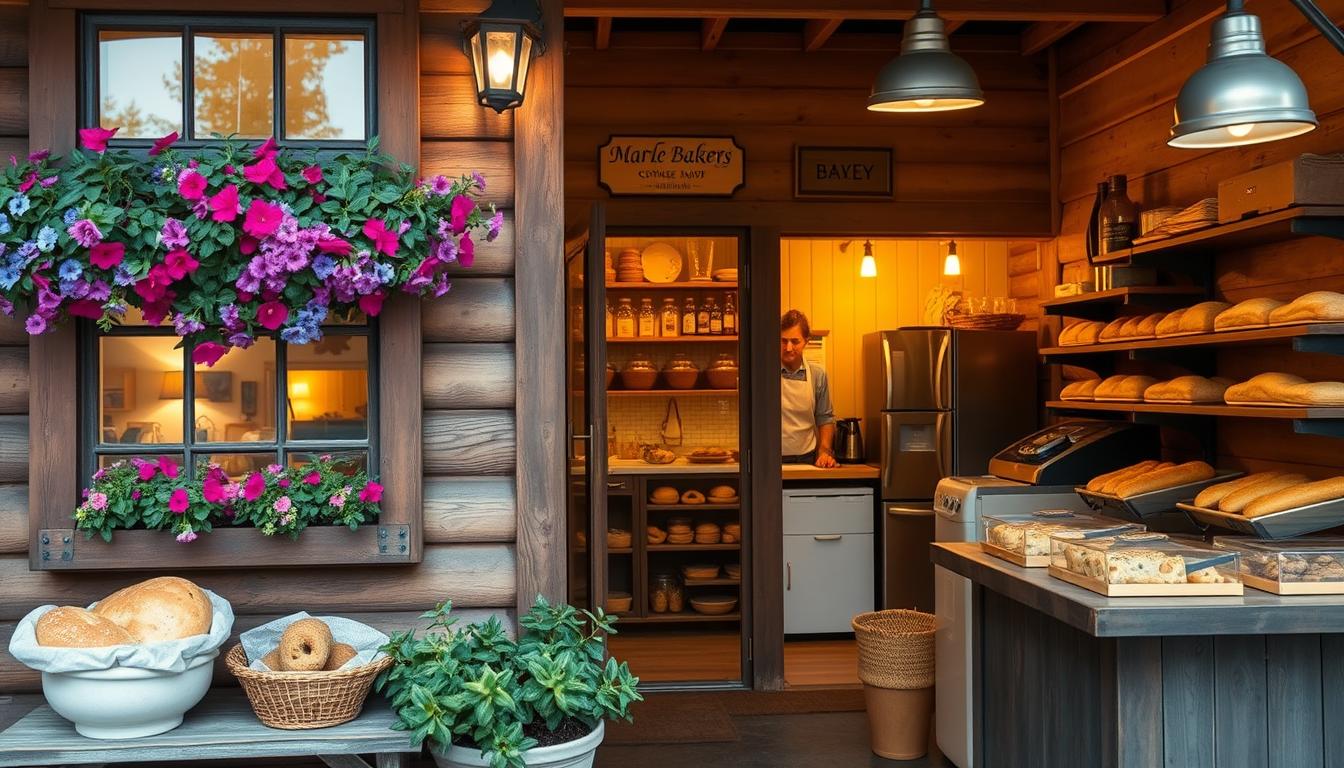
Leave a Reply